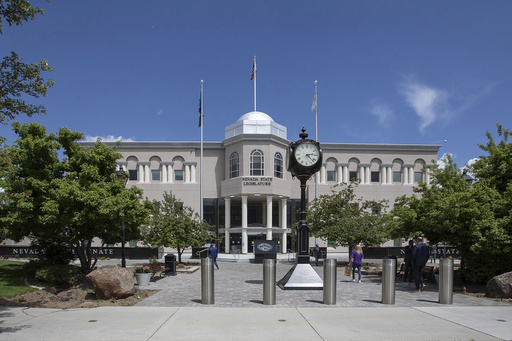
LAS VEGAS — Nevada Democrats will continue to hold their influence in the state legislature, but they have not achieved the desired two-thirds supermajority in both houses that would have enabled them to override the veto power of the Republican governor when the new session opens early next year.
In the state Assembly, Democrats experienced a setback, losing their slim supermajority of 28 seats as Republicans successfully won a competitive district located on the southern fringe of Las Vegas. This year, all 42 seats in the Assembly were contested, leading to Democrats securing 27 seats while Republicans captured 15.
Meanwhile, Democrats are set to retain at least 12 out of 21 seats in the Senate, ensuring their majority within that chamber. There was one race for a Las Vegas district that remained too close to call, but even if it were to go to Republicans, it would not alter the overall balance of power. This year, ten state Senate seats were up for election.
Although first-term Republican Governor Joe Lombardo was not on the ballot during the November 5 elections, the control of the legislature was crucial in a state where Democrats have dominated both legislative houses except for a single session since 2009. Achieving a supermajority in both houses would have empowered Democrats to bypass any vetoes from Lombardo and facilitate tax and revenue measures without requiring votes from Republican lawmakers in the state.
Governor Lombardo, who assumed office in 2022, has a record of vetoing 75 bills during the 2023 legislative session, the highest number in the state’s history. Among the bills he rejected was a landmark proposal that aimed to criminalize the act of signing false certificates stating that a losing candidate had won. He also vetoed multiple gun-control measures, including one that sought to raise the minimum age to possess certain types of firearms from 18 to 21 and another designed to prevent firearm possession for individuals within a decade of a felony or gross misdemeanor hate crime conviction.
The Nevada Legislature convenes every two years, with the next 120-day session scheduled to commence on February 3.
